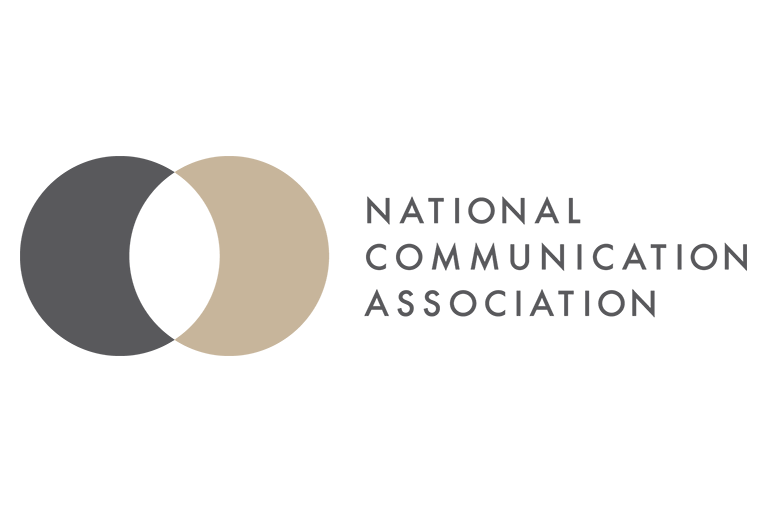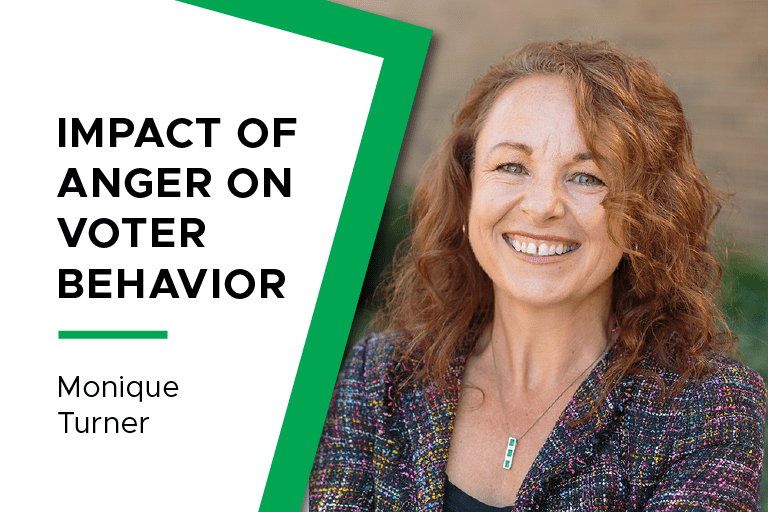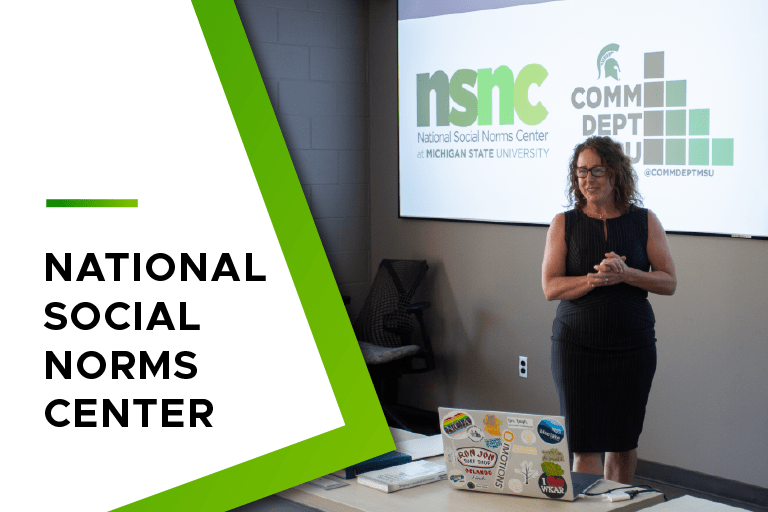Monique Mitchell Turner Ph.D.

Bio
Dr. Monique Mitchell Turner is Professor and Chair of the Department of Communication at Michigan State University. Prior to this appointment, she served as Associate Dean of MPH programs at the Milken Institute School of Public Health at the George Washington University. Turner is trained in persuasion and employs that expertise in health and risk communication; with a particular focus on message design and evaluation, risk perception, and cognitive processing of health risk communication (including risk judgment and decision-making). Turner’s main focus is on the role that emotions play in the underlying psychosocial processes explaining message effects; her work has examined the effects of guilt, shame, anger, and fear (etc.) in the cognitive impacts of public health messaging. Turner is the author of the Anger Activism model—a behavioral theory explaining when anger is constructive versus deleterious. As the former director of the Center for Risk Communication Research at the University of Maryland, Turner’s research has been funded by organizations such as Health and Human Services, the Food and Drug Administration, the Joint Institute for Food Safety and Applied Nutrition (JIFSAN), and the Centers for Disease Control. Turner is the former Senior Editor of Health Communication and is the former associate editor of Communication Research Reports. She is the past chairperson of both the Communication and Social Cognition Division of the National Communication Association and the Health Communication Division of the International Communication Association.
Roles
Turner oversees the Department of Communication at MSU. Previously, she oversaw the MPH program at GW as well as the online MPH at GW. She is the former director of both the DrPH and the PhD Social and Behavioral Sciences in the Department of Prevention and Community Health at GW.
Research and Teaching
The focus of Turner’s research is on the role of emotion in message design and message processing. Recently, her work has been examining the intersections of discrete emotions in information seeking, attention and processing (via eye-tracking), bio-physiological responses, and social norms. Graduate and undergraduate students are encouraged to contact her about research opportunities.
Research Centers and Labs
Related Work

From the Desk of Monique Turner
Read more

Letter of Support to International Students
Read more

NCA 108th Annual Convention lineup for ComArtSci researchers
Read more

Turner and Vos named International Communication Association Fellows
Read more

Conference analyzes future of communication science
Read more

Monique Turner shares how anger affects voting behavior on MSU Today with Russ White Podcast
Read more
